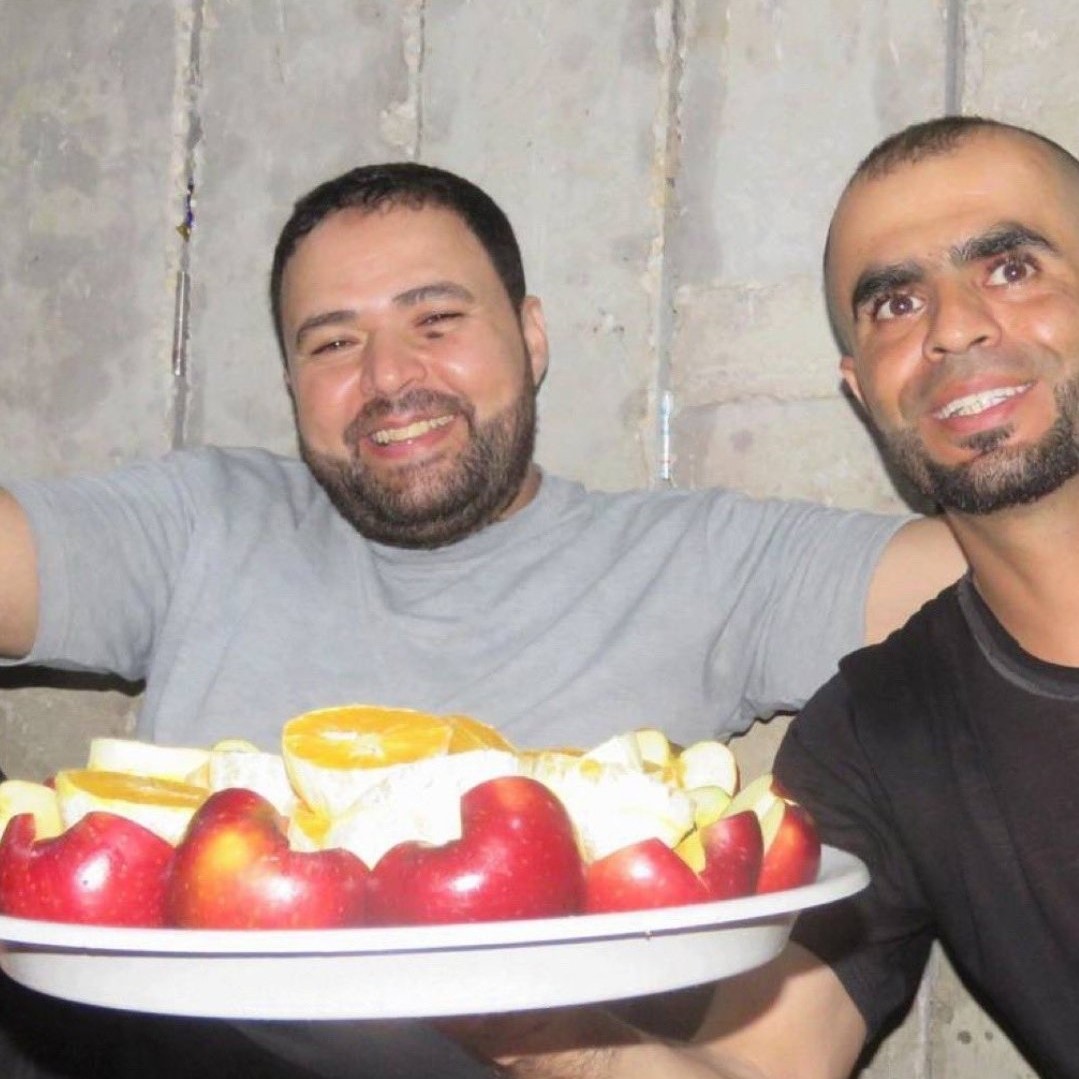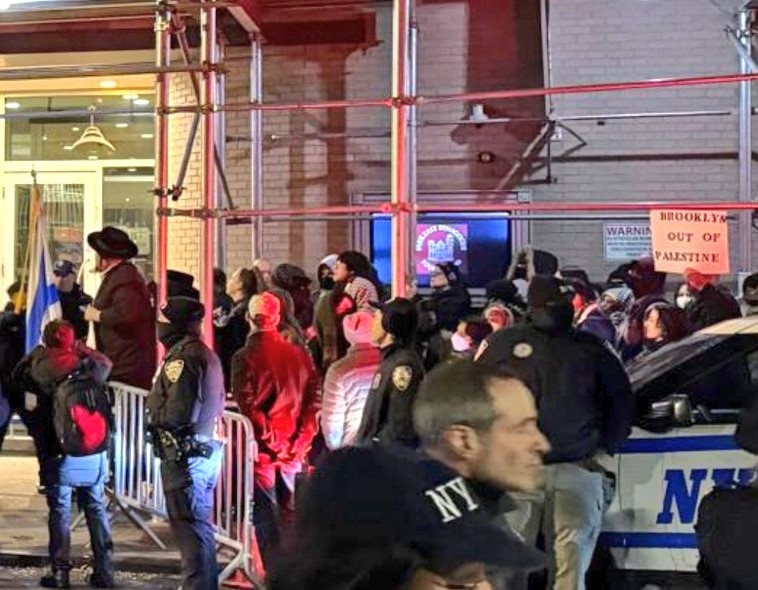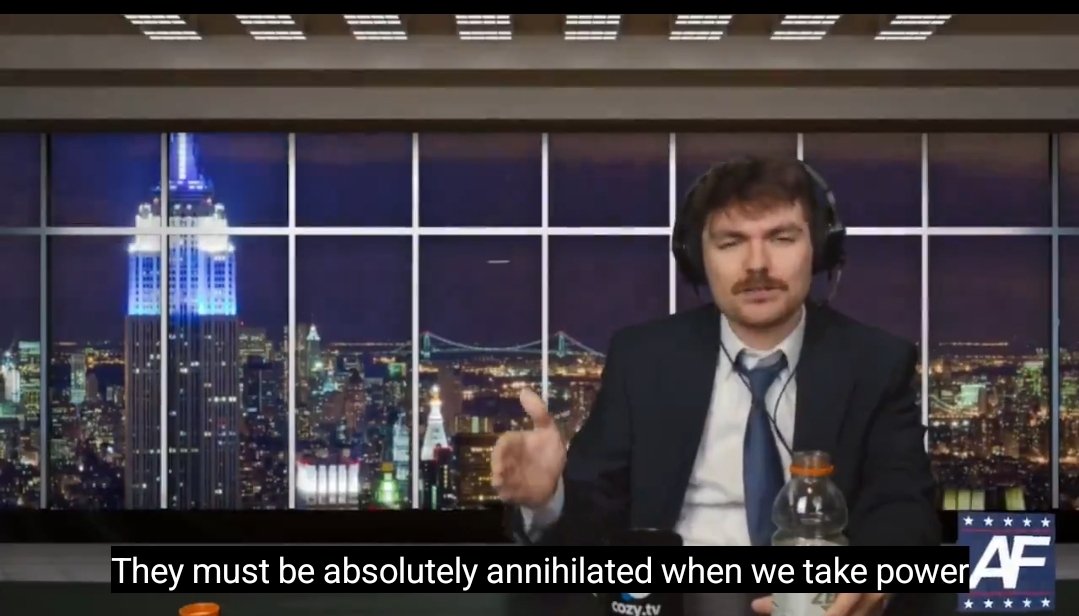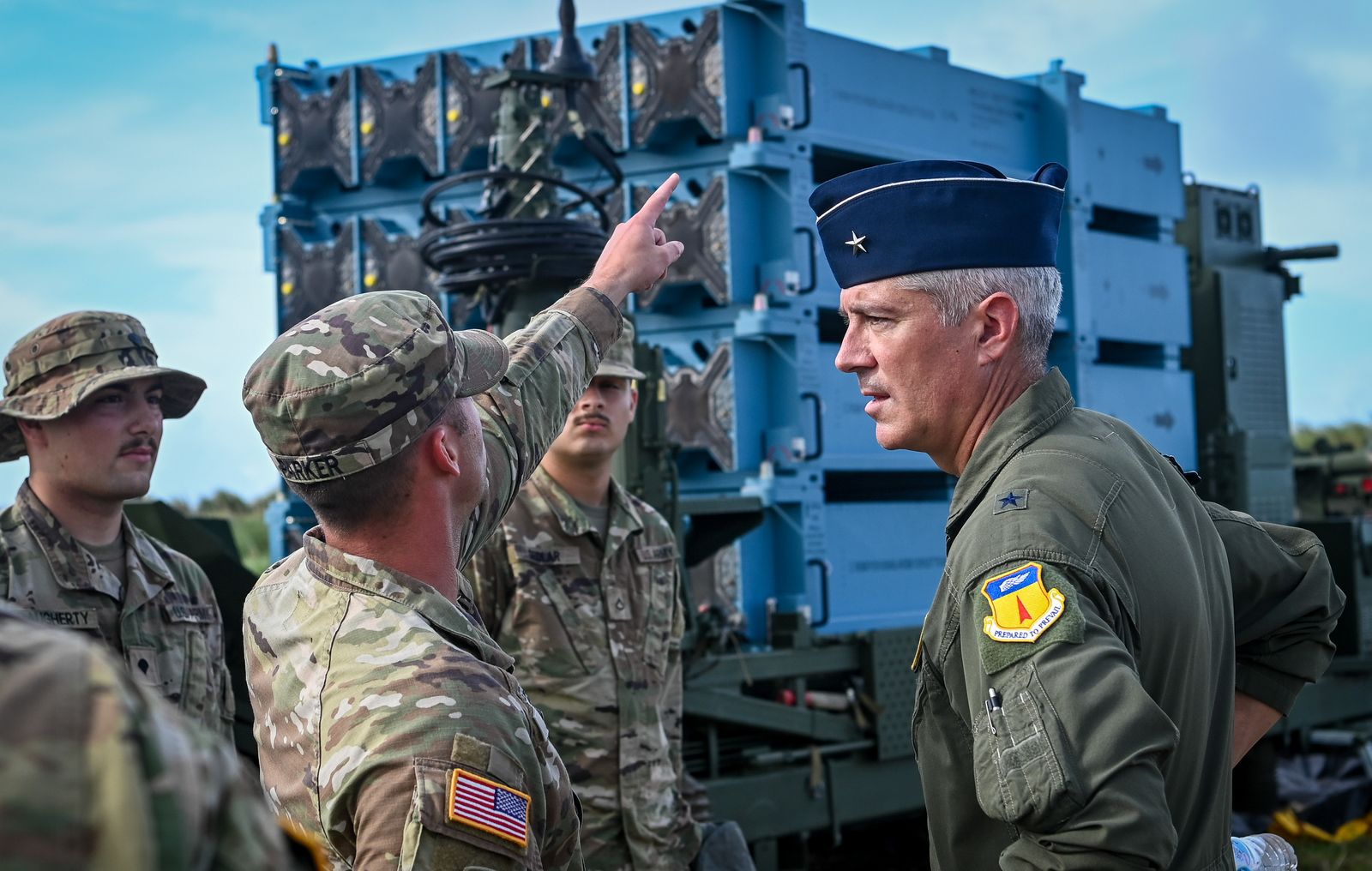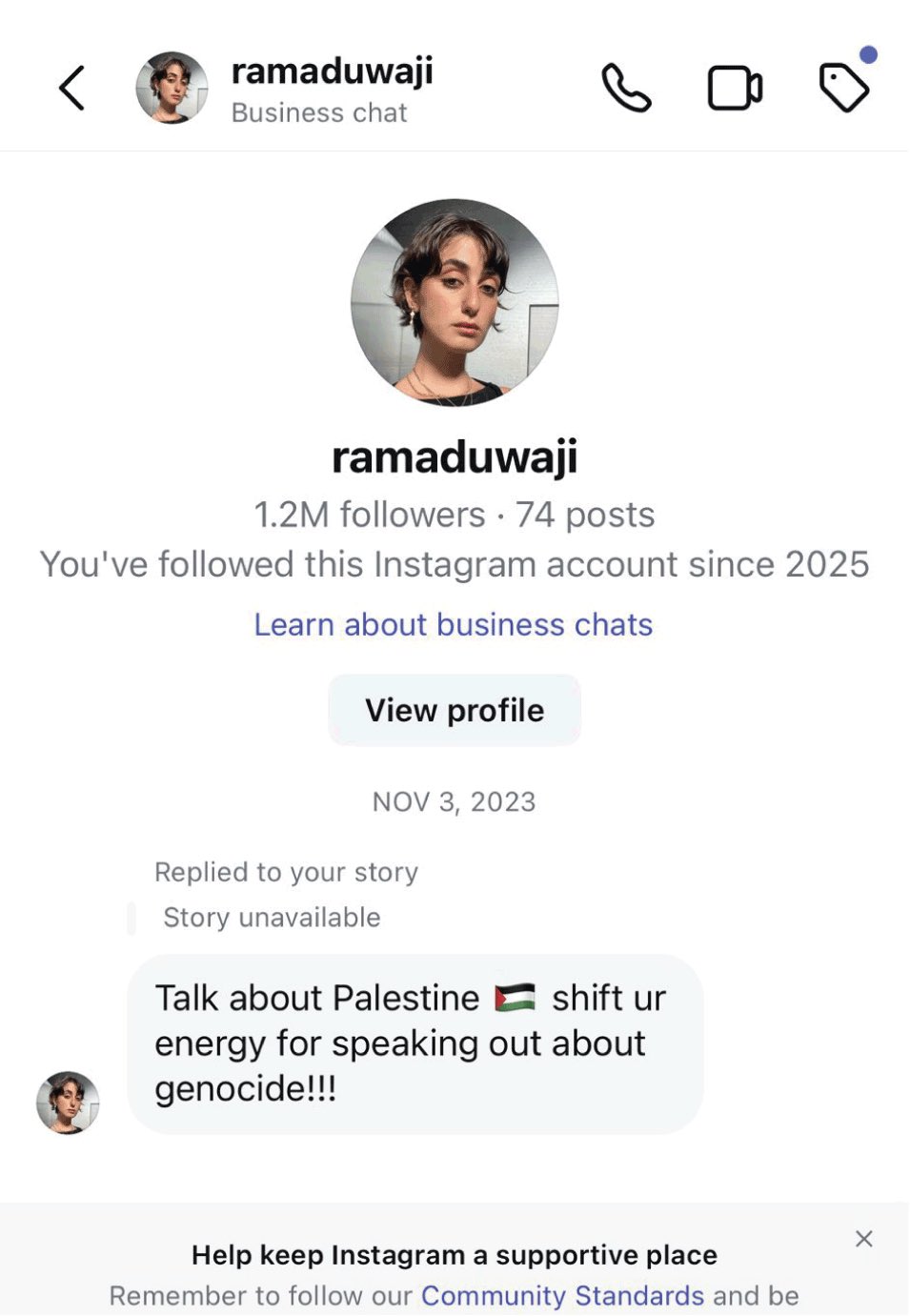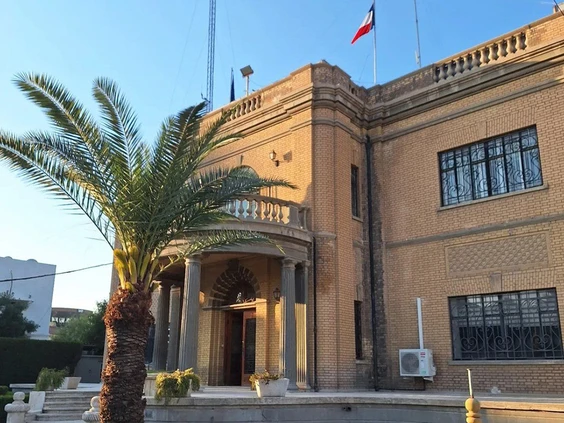By Yanki Farber
Despite intense international mediation efforts, Hamas continues to obstruct a ceasefire agreement in Gaza, according to sources close to the ongoing negotiations. Qatari and Egyptian mediators, working to secure a truce and the release of Israeli hostages, received Hamas’ latest response to a proposed deal—but were left unsatisfied. According to a source familiar with the talks, the militant group is still refusing to accept reasonable terms, prompting mediators to demand “a series of improvements” before negotiations can proceed.
Israeli officials described Hamas’ stance as “disappointing” and said that unless the group’s position changes substantially, progress toward peace will remain out of reach.
So far, Hamas has not officially made public its position on the updated framework, which includes terms for a phased Israeli withdrawal and the release of Palestinian prisoners in exchange for Israeli hostages. Negotiations remain technically ongoing, but any shift from Hamas appears unlikely.
This continued intransigence by Hamas comes amid growing international alarm over the humanitarian situation in Gaza. Over 100 NGOs have warned of looming mass starvation, calling for an immediate ceasefire, the opening of land crossings, and the unrestricted flow of humanitarian aid. They stress that essential supplies—including food, water, medicine, and fuel—are either trapped in warehouses or stuck at border crossings, unable to reach civilians because of ongoing fighting and access restrictions.
While much of the world pleads for a humanitarian pause, Hamas’ refusal to agree to a ceasefire framework leaves aid blocked, hostages in captivity, and the suffering of Gaza’s civilians prolonged.
UN Secretary-General António Guterres called the devastation in Gaza “unprecedented in modern history,” underscoring the need for an immediate end to the violence. Yet with Hamas continuing to reject every viable path to peace, a resolution remains elusive.

